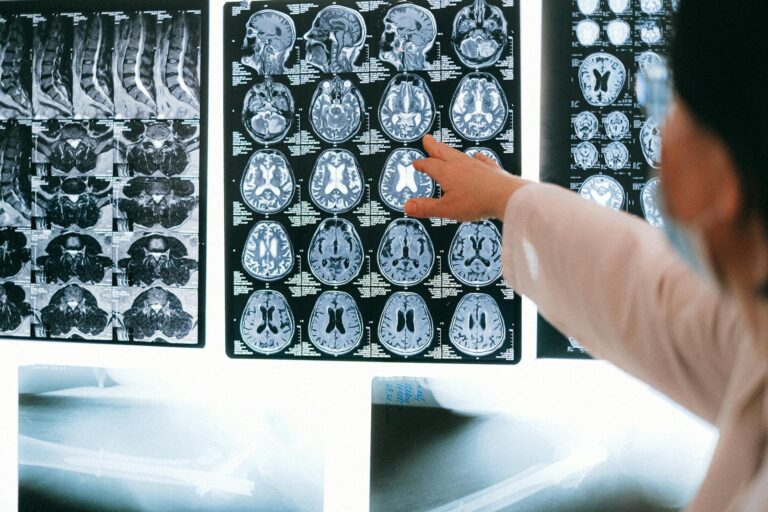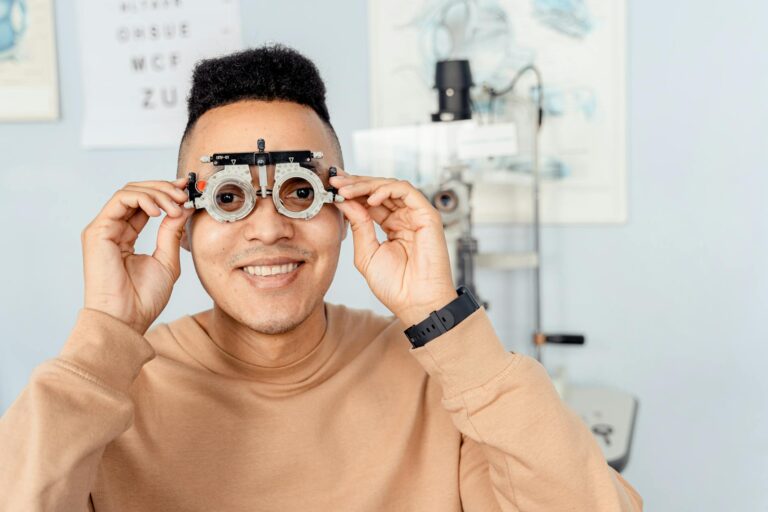Advances in Wearable Devices for Tracking Cognitive Decline
Recent years have seen exciting developments in wearable technology aimed at monitoring cognitive health, especially for those at risk of or living with dementia. These innovative devices are making it easier to track changes in brain function and provide early warnings of potential decline.
One of the most promising advances is the creation of smartwatch-like devices that can monitor a person’s location and daily activities. For example, a system called Theora Care uses a wearable GPS device paired with a smartphone app to help caregivers keep track of loved ones with dementia[1]. The device allows caregivers to set up “safe zones” and receive alerts if the wearer wanders outside these areas. It also enables two-way communication, providing peace of mind for families concerned about wandering.
Studies have shown that caregivers find these types of systems very helpful in reducing stress and improving their ability to care for someone with dementia[1][5]. Many reported feeling reassured simply knowing their loved one was wearing the device, even if they didn’t need to check the location data frequently.
Beyond location tracking, researchers are developing more sophisticated wearables that can monitor brain activity and cognitive performance. For instance, a company called Pison has created a neural sensor worn on the wrist that can track cognitive function in real-time[7]. This technology has the potential to detect early signs of cognitive decline and help manage conditions like Alzheimer’s and Parkinson’s disease.
The Pison sensor uses artificial intelligence to analyze brain signals and provide insights into a person’s mental state and cognitive performance[7]. This could be particularly useful for healthcare providers in tailoring treatment plans and monitoring the progression of neurodegenerative diseases.
Another area of advancement is in devices that can monitor physiological signs associated with cognitive health. Researchers have found that wearable devices measuring electrodermal activity (EDA) and heart rate variability can provide valuable data about cognitive performance[9]. These measurements can indicate stress levels and cognitive load, which may be early indicators of decline.
Some wearables are also being designed to provide cognitive support and reminders for daily activities. A study in 2025 explored the use of a personalized reminder device to help people with mild dementia engage in more physical and social activities independently[2]. This type of assistive technology can help maintain cognitive function and improve quality of life for those living with dementia.
It’s important to note that while these technologies show great promise, they are still being refined and tested. Researchers emphasize the need for devices that are easy to use, comfortable, and unobtrusive[2]. For example, some studies have found that people with dementia may forget to charge wearable devices or feel uncomfortable wearing them in public.
As these technologies continue to evolve, they have the potential to revolutionize how we monitor and manage cognitive health. By providing early detection of cognitive decline and supporting daily functioning, wearable devices could help people maintain independence longer and improve the quality of care for those living with dementia.
For caregivers and healthcare providers, these advances offer new tools to monitor cognitive health and provide more personalized care. As the global population ages and rates of dementia increase, these wearable technologies may become an essential part of cognitive health management and dementia care.





